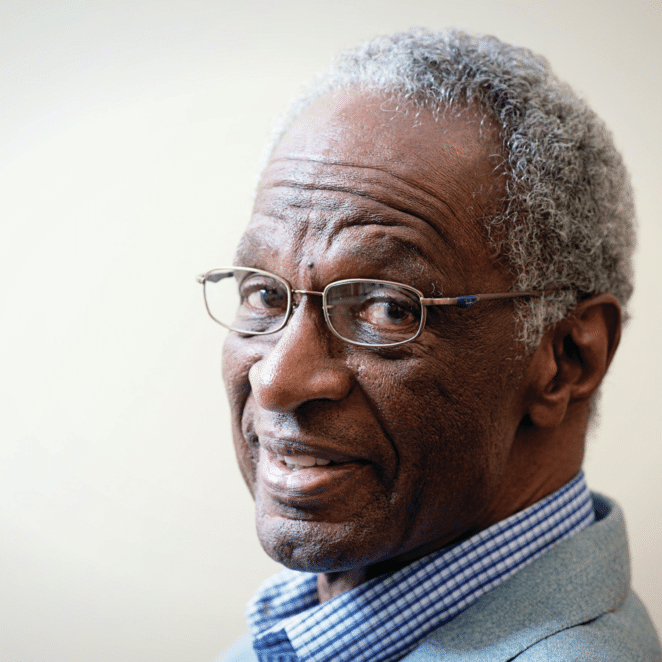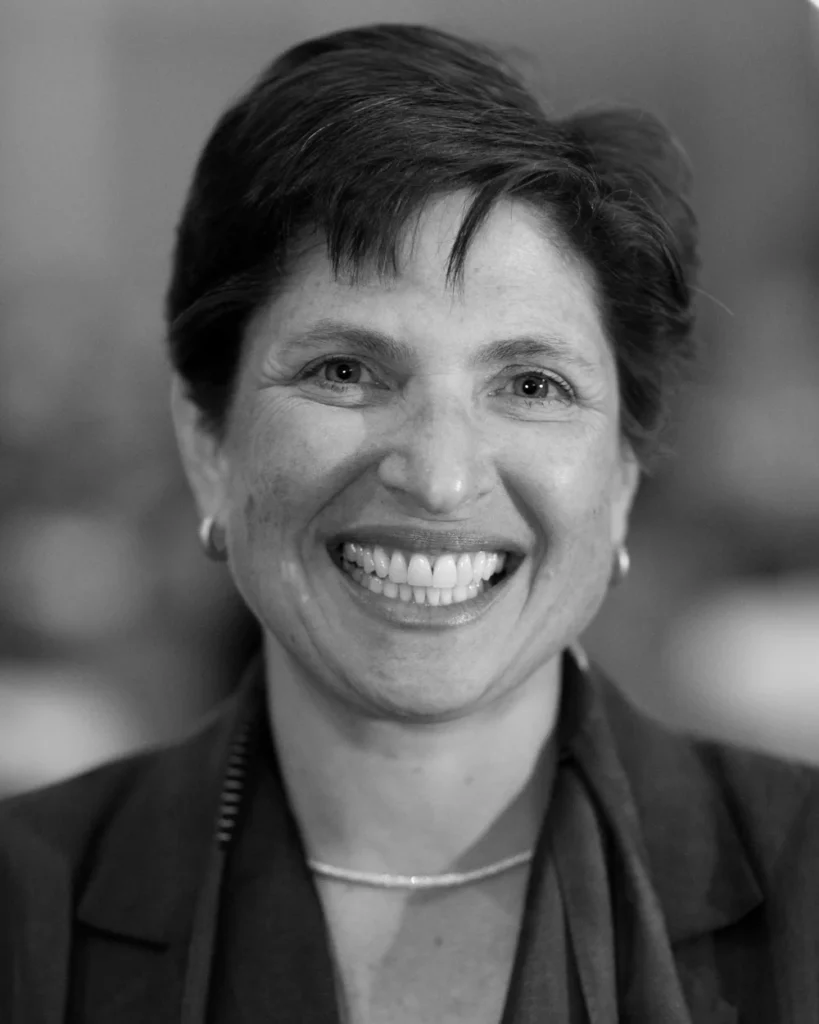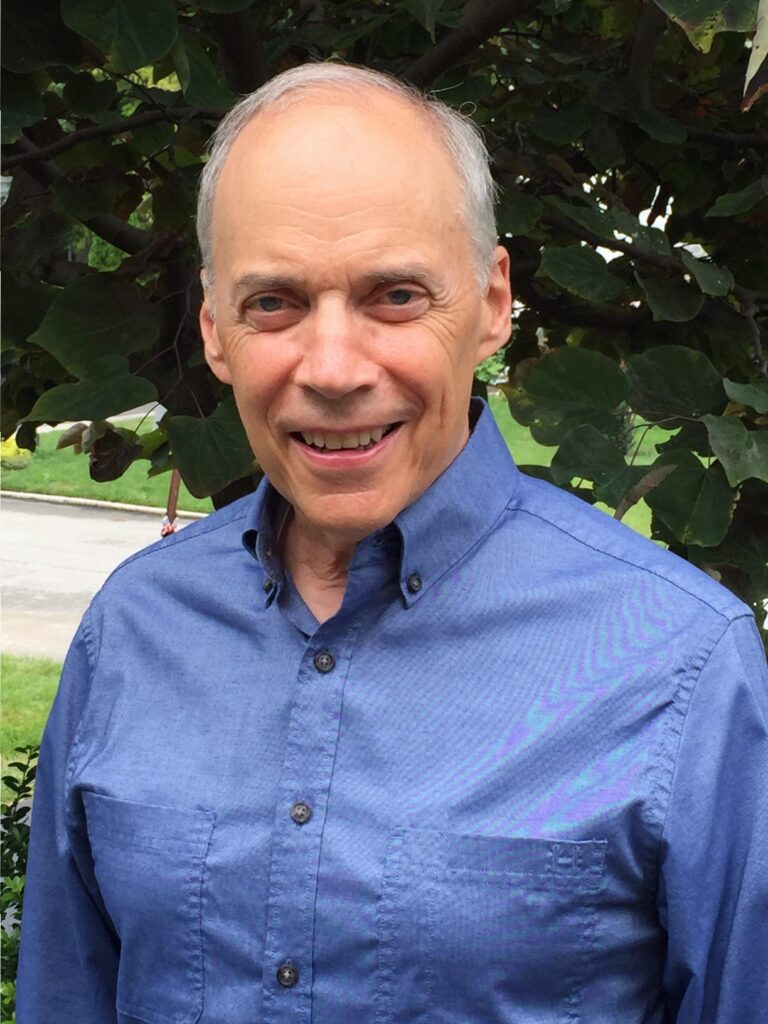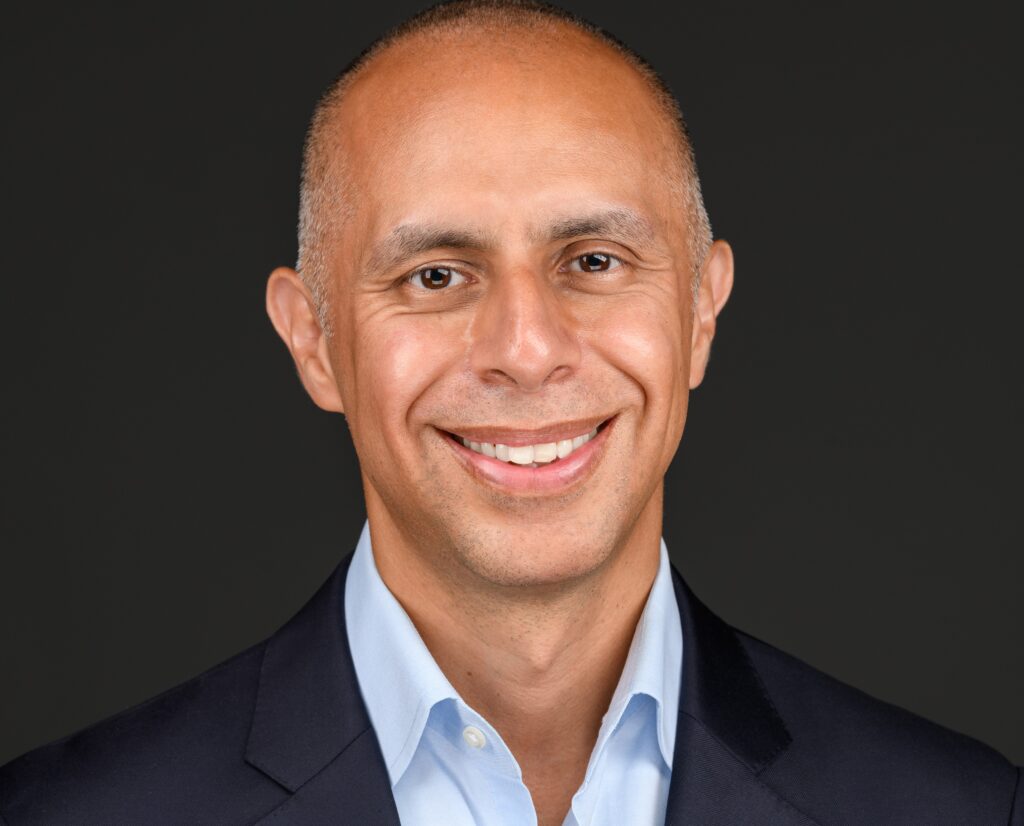- Research Reports
Making Room for What Matters: Innovative School Leaders Want Accountability, but With a Lighter Footprint
Chelsea Waite, David Nitkin, Janette Avelar
Across the country, school leaders are reimagining how students learn—designing models that are more engaging, effective, and connected to the world students are entering.









